

Jamaica’s Minister of Education Fayval Williams is facing a high level of opprobrium and vituperation for the performance of her ministry and the high number of teachers seeking better opportunities abroad.
According to the Jamaica Teachers’ Association (JTA), 400 teachers this year alone have abandoned their jobs.
Most Jamaicans, particularly those with children going to school, gasped in consternation when it was revealed that from July to present, 167 teachers had resigned.
The education minister, speaking on Jamaican teachers leaving the profession said: “The current number that we are looking at and this is for the period July to present is 167. These resignations we know will impact staffing for the new school year as we are close to the start of the new school year.
“We want to update the nation on the matter we know is of national interest to Jamaicans. I know that there have been many discussions, many articles, many social media posts about the number of teachers who are or will be migrating and the likely impact of that on the education sector as we emerge from the pandemic and given the fact that we are on the cusp of the new school year.”
This revelation drew the ire of the country. Yet again, the Ministry of Education was failing. It was another in a litany of shortcomings and failures. Fayval Williams was not up to the job and yet again she appeared overwhelmed.
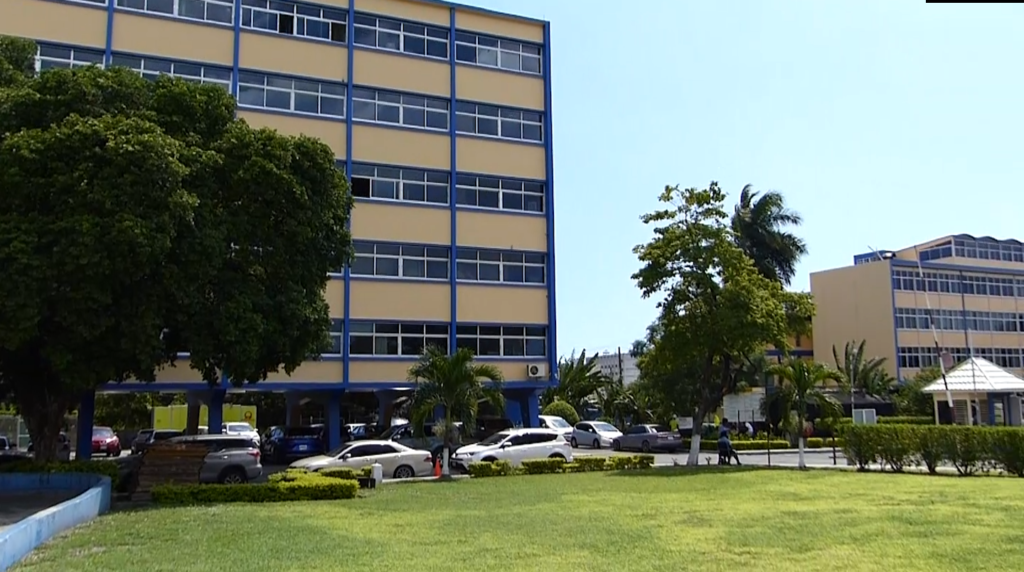
It is easy to point the finger and lambast Fayval but the seeds of the failure of the education sector were sowed decades ago, long before her time.
The importance of educating the populace and what was required to do so was always addressed with a perfunctory approach. The running of many schools was left to religious denominations without a strategic national roadmap adopted.
Cuba, under President Fidel Castro, took education seriously despite the imposed financial and economic strangulation it endured. That vision has paid off today.
Jamaica’s education system was never fit for purpose let alone providing the basics for a 21st-century workforce where the emphasis will be placed on service industries.
Teachers have always been underpaid and under-resourced and successive administrations have taken that as de rigueur.
The COVID era exposed the fundamental weaknesses of Jamaica’s education system and placed the burden on parents who do not have adequate funding to embrace the digital age. Furthermore, the broadband infrastructure in Jamaica on a national level is woefully inadequate and means that children in rural communities get left behind.
Jamaica was never ready to make the pivot to a digital learning experience and COVID has meant that there will be a gap in many children’s educational levels.
Former Prime Minister Bruce Golding put it best when he said that the education of the nation has been Jamaica’s biggest failure since Independence.
“Education is our biggest area of failure. If you ask me, that’s where we have failed the most in 60 years of independence. We have not provided the kind of education and training for young people.”
The Ministry of Education has come under the spotlight for all the wrong reasons during Williams’ tenure. There has been one scandal after another. Ruel Reid, postponement of PEP exams, lack of adequate tablets and digital devices, children exhibiting unruly and crude behaviour – even fighting with teachers, the Dr Grace McLean affair, the Nutrition Product Limited debacle, unaccounted audit reports.
Williams has a laconic and inscrutable way about her and does not get irksome. This can be misconstrued as she just doesn’t care or is remote to the gravity of the situation. This simply serves for more people going after ruffling her feathers.
Fayval Williams has always been measured and somewhat forensic in her approach. She is articulate and not given to histrionics which is not always the case in Jamaican politics. This makes her an easy target.
Opposition education spokesperson Senator Damion Crawford garnered a lot of support when he suggested that Williams was unfit for the task at hand.
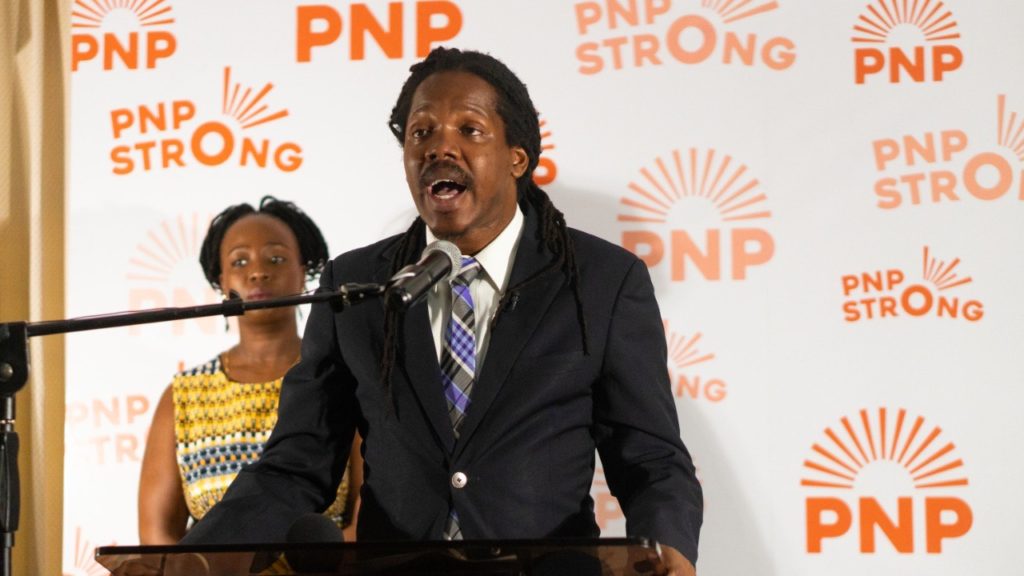
“We are concerned about what seems to be best described as nonchalance in dealing with an education system underperforming before COVID-19 and decimated by the decision of Government during the pandemic. It is our belief that the ministry needs greater energy and creativity at this moment in time.
“There are two methods of change: you can change the person or the person can change. So if the Minister at current is incapable to get greater vim, vigour and vitality as it relates to the management of the education system, if she is incapable to exert the energy, interest and excitement that it demands, then the minister needs to change.”
“However I believe the first call is for Minister Williams to accept her need to change, indicate to the public that she can do better and not misunderstand the circumstances that face the education system.”
Indeed, the minister has a lot to do and must work to show Jamaicans discernible improvements. Transformation is required now and it will call for a critical approach and strategic planning.
She has to be very careful what she says.
The teachers are leaving because the profession in Jamaica as it currently stands has very little to offer them.
Let’s be clear, many are migrating for better opportunities and to work with better institutions. You can’t blame them.
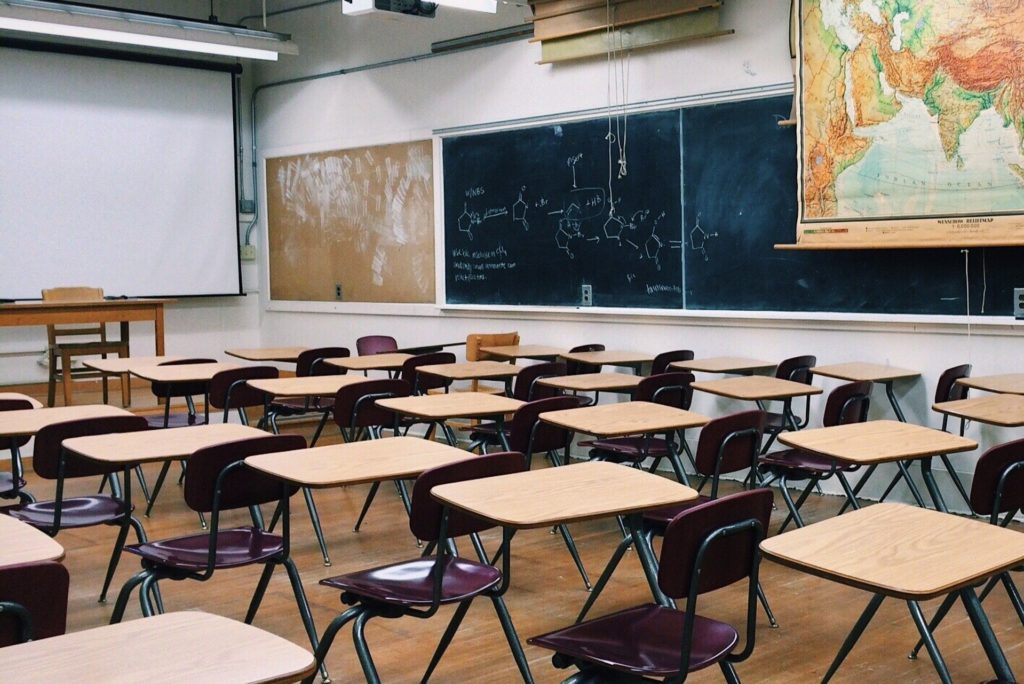
Williams surmised, “It may be due to migration, we don’t know precisely because our teachers are under no obligation to tell us why they are resigning. There are many reasons for resignations of persons among our teachers.”
It would behove the minister to make a concerted effort to uncover why they are resigning. It should be a priority. With the new term drawing near, she is likely to have a big headache.
She must stay away from both the pit and pratfalls. It was a mistake for her to say many teachers do not have the financial knowledge to make the most of bolstering their income with investments. That could be construed as being insensitive to their position and the meagre wages they have to make do on.
They first need a liveable salary. Teaching is a full-time, all-absorbing profession. There is no time or disposable income for side hustles.
“I want you to be so successful in your financial affairs that when recruiters come calling, you say ‘Wait a minute, I have my house already, I have my cars, I have my church family, I have my community, I have my insurance plans, I have my financial portfolio, I know my risk tolerance…and I have my Lord and Saviour through whom all things are possible,’” the minister mused recently.
“This is something that I would like to do for our teachers, to ensure that you are empowered with this financial knowledge to help you, and I will be appealing to companies to see what they can do for our teachers,” she said.
This, at the risk of sounding trite and totally misreading the plight of Jamaican teachers. She has already been pilloried for this and it puts another monkey on her back.
There is no need to through fuel on the fire. What she needs is an extinguisher, not a flame thrower.
As far as education is concerned, there are encouraging signs. Of this year’s total budget of J$912 billion, the Education and Youth portfolio takes up J$122.96 billion, the second-largest slice after the Ministry of Finance’s J$425.68 billion.
The World Health Organization (WHO) recommends that at least six per cent of GDP should be spent on education. Norway and Chile both come out on top, spending 6.6 per cent of GDP respectively on the education of their children. Jamaica spends around five per cent of GDP and 19 per cent of total Government expenditure on education which compared favourably against its Caribbean peers.
COVID, and the impact of the war in Ukraine together with imported and local inflation means that the government has to spend more on social welfare and provide greater financial assistance to citizens. The intent may be there but the national coffers may not be in a position to provide additional funding for education expenditure at this time.

The country is in recovery mode and ingenious ways and good husbandry will be needed by the Ministry of Education.
What is disturbing though is that no English-speaking Caribbean country features on the Global Partnership for Education’s top countries for education list. From a regional perspective, Panama comes in at 60, Costa Rica at 61, and Dominican Republic at 69. The list comprises only 78 countries.
We have a long way to go.


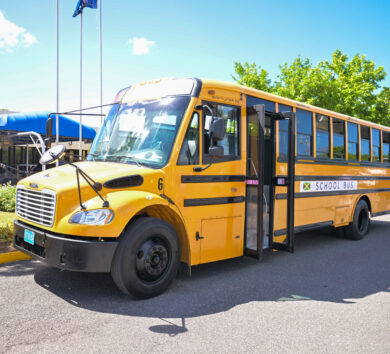


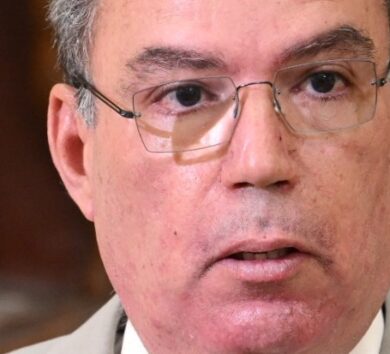
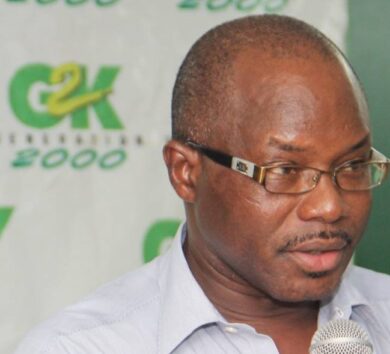
Comments